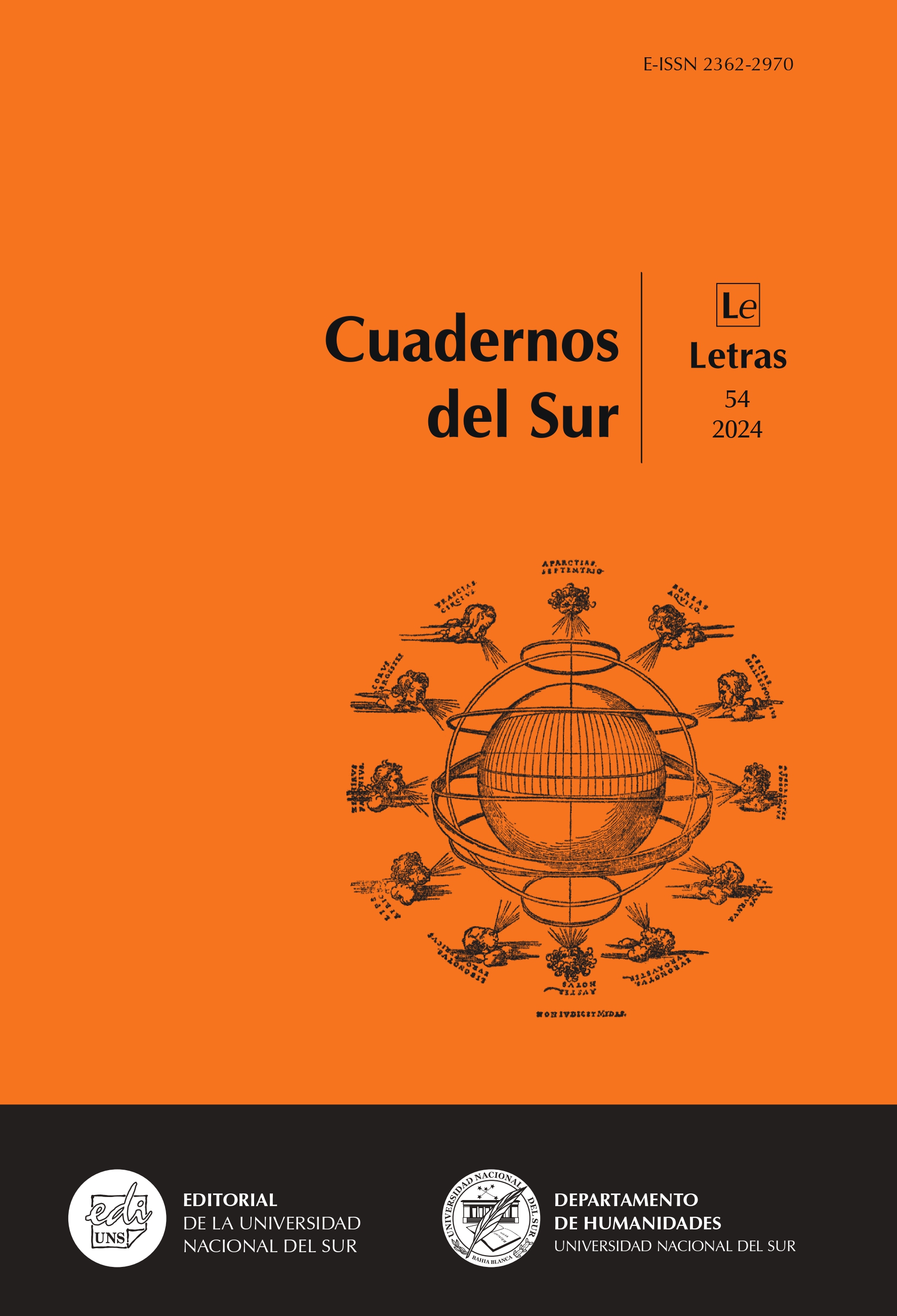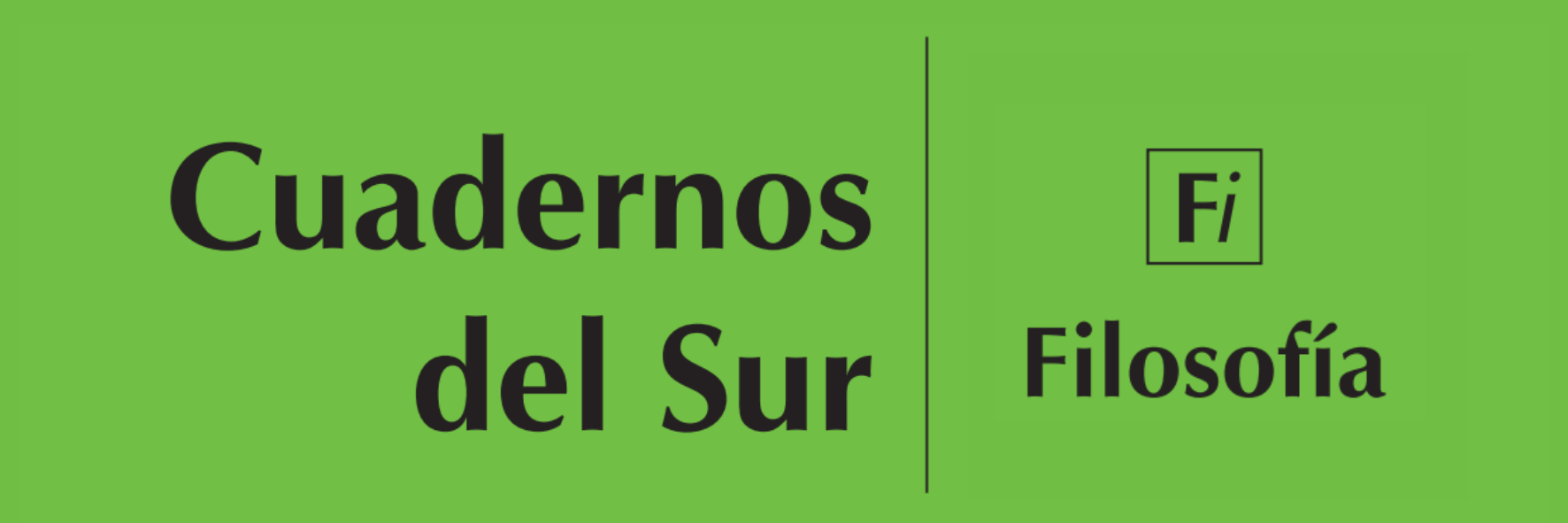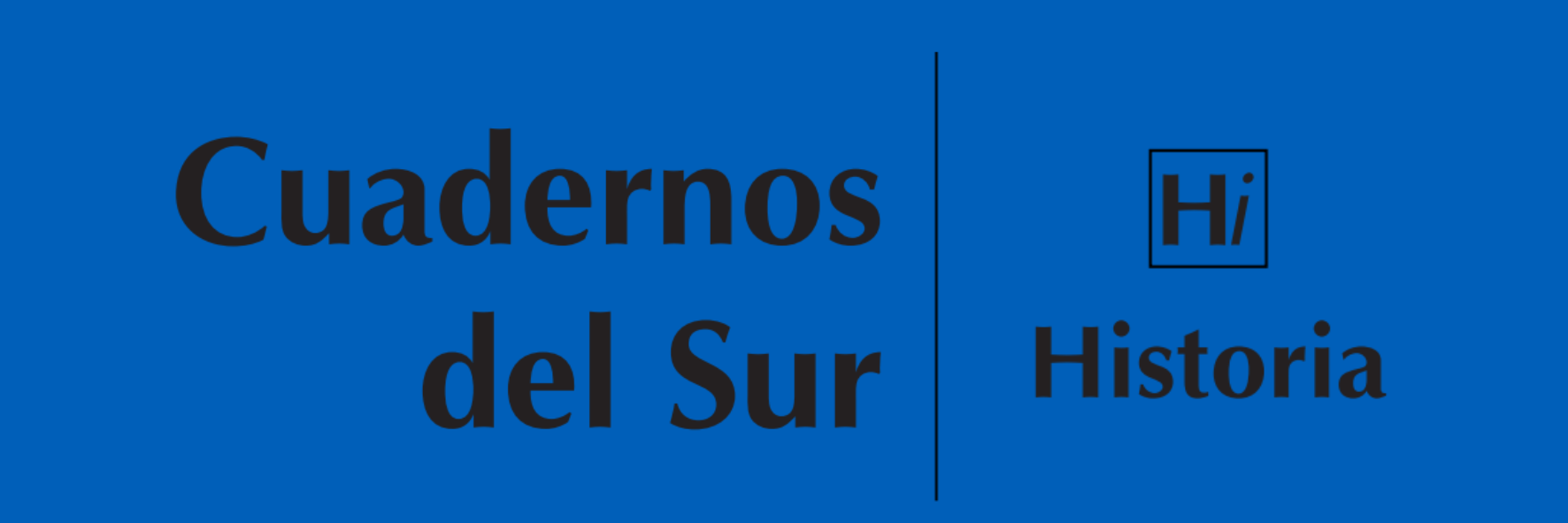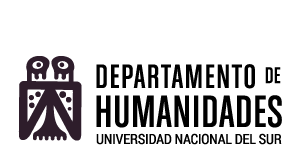Technology appropriation for assignment handling and feedback in academic writing courses: tracing teachers’ decisions in creating their own digital pathways
DOI:
https://doi.org/10.52292/csl5420244678Keywords:
feedback, digital pathways, evaluationAbstract
In recent years, educational practices in Higher Education have been transformed by the implementation of Virtual Teaching/Learning Environments and the incorporation of word processor tools. For academic writing courses, this has provided new resources to organize three central dimensions in teaching tasks: the reception of assignments and feedback submission, guidance in written production, and student performance monitoring. The purpose of this article is to highlight the strategies employed by teachers to integrate digital resources in order to address the simultaneous demands they face in their work. To achieve this, we conducted in-depth interviews with teachers from universities and higher institutes in different regions of Argentina, generating graphical visualizations that allow for the reconstruction of their sequences of actions, identifying how they construct particular pathways through the available digital environments. This enables us to observe the different modes of technology appropriation by teachers and their margin of agency in facing the complexity of feedback and evaluation practices in writing, through the combination of online and offline resources.
Downloads
References
Entrevistas a docentes a cargo de materias de Lectura y Escritura Académica en el nivel superior
Ingrid (mujer, 45-50 años), online, 2 de mayo de 2023.
Mariel (mujer, 45-50 años), online, 8 de mayo de 2023.
Ramiro (varón, 40-45 años), online, 10 de mayo de 2023.
Ambrosino, María Alejandra y Aranciaga, Ignacio (2017), “Prácticas académicas emergentes con tecnologías digitales en universidades públicas argentinas”, en Gonzalez, Andrea y Ambrosino, Alejandra (eds.), Enseñar en la virtualidad: Nuevas presencialidades y distancias en la Educación Superior, Santa Fe, UNL, [disponible en https://www.aacademica.org/ignacio.aranciaga/53.pdf].
Chong, Sin Wang (2020), “Reconsidering student feedback literacy from an ecological perspective”, Assessment & Evaluation in Higher Education, vol. 46, n° 1, pp. 1-13.
Eisner, Laura et al. (2022), “Indagación de prácticas digitales en contextos de enseñanza híbrida. Hablar en torno a la pantalla en entrevistas a docentes de nivel superior”, Comunicación presentada en el II Congreso Internacional de Ciencias Humanas, Panel: “Literacidades multimodales”, 9 al 11 de noviembre, San Martín.
García-Yeste, Miguel (2013), “Electronic feedback: Pedagogical considerations for the implementation of software”, The EuroCALL Review, vol. 21, n° 2, pp. 1-6.
Gornall, Lynne y Salisbury, Jane (2012), “Compulsive working, ‘hyperprofessionality’ and the unseen pleasures of academic work”, Higher Education Quarterly, vol. 66, n° 2, pp. 135-154.
Hernández Razo, Óscar y López Sandoval, María Guadalupe (2019), “Apropiación social de tecnologías digitales en un contexto de trabajo informal y precario Social”, Entreciencias, vol. 7, n° 19, pp. 67-82.
Ivanič, Roz (1998), Writing and Identity. The discoursal construction of identity in academic writing, Amsterdam, John Benjamins.
Kalman, Judith y Hernández Razo, Óscar (2018), “The making of survival. Technology, literacy, and learning in two microenterprises in Mexico City”, Information Technologies and International Development, vol. 14, pp. 81-95. versión en español en Kalman, Judith (2018), Leer y escribir en el mundo social (277-298). CREFAL.
Kalman, Judith et al. (2023), “‘Don’t Tell Them What You Told Me’: Negotiating Paperwork in Mexico City”, Written Communication, vol. 40, n° 3, pp. 822-856.
Kaufhold, Kathrin y Tusting, Karin (2020), “Academic writing”, en Tusting, Karin (ed.), The Routledge Handbook of Linguistic Ethnography, Londres-Nueva York, Routledge, pp. 356-370.
Lillis, Theresa (2009), “‘Bringing writers’ voices to writing research. Talk around texts”, en Carter, Awena et al. (eds.), Why writing matters. Issues of access and identity in writing research and pedagogy, Amsterdam, John Benjamins, pp. 169-187.
Martin, Dan (2020), “Providing Students with Multimodal Feedback Experiences”, Journal of Curriculum, Teaching, Learning and Leadership in Education, vol. 5, n° 1, pp. 16-27.
Mateo-Girona, María Teresa et al. (eds.) (2023), “Editorial: La retroalimentación digital en la didáctica de la escritura en el ecosistema de la Educación Superior”, Perspectiva Educacional, vol. 62, n° 2, pp. 1-4.
Natale, Lucía (2021), “Estrategias discursivas para la evaluación negativa en comentarios escritos de docentes universitarios”, Revista Signos. Estudios de lingüística, vol. 54, n° 105, pp. 236-257.
Nazar, Rogelio y Renau, Irene (2023), “Estilector: un sistema de evaluación automática de la escritura académica en castellano”, Perspectiva Educacional, vol. 62, n° 2, pp. 37-59.
Padilla, Constanza y López, Esther (2019), “Prácticas de retroalimentación en aulas universitarias de humanidades: Comentarios digitales docentes y perfiles estudiantiles de escritor”, Revista Signos. Estudios de lingüística, vol. 52, n° 100, pp. 330-356.
Rogers, Paul (2023), “Reconceptualizing response to writing from a longitudinal perspective: writing development and dialogic interaction”, Perspectiva Educacional, vol. 62, n° 2, pp. 60-86.
Screti, Francesco (2023), “Using Google Docs for guided Academic Writing assessments: students’ perspectives”, Language Learning in Higher Education, vol. 13, n° 1, pp. 153-174, [disponible en DOI:10.1515/cercles-2023-2007].
Tapia-Ladino, Mónica (2014), “Los comentarios escritos: género orientado a la consecución de otro género en el proceso de la escritura académica”, Onomázein, n° 30, pp. 254-268.
Tuck, Jackie (2012), “Feedback-Giving as Social Practice: Academic Teachers’ Perspectives on Feedback as Institutional Requirement, Work and Dialogue”, Teaching in Higher Education, vol. 17, n° 2, pp. 209-221.
----- (2023), “Defamiliarizing assessment and feedback: exploring the potential of ‘moments of engagement’ to throw light on the marking of undergraduate assignments”, Assessment & Evaluation in Higher Education, [disponible en https://doi.org/10.1080/02602938.2023.2181942]
Tuck, Jackie et al. (2023), “Introduction”, en Leedham, Maria et al. (eds.), Online Pedagogy and the Student Experience: Teaching Applied Linguistics and Beyond, Londres, Open University Press, McGraw-Hill, pp. xiv-xxiv.
Valdivia, Patricia (2021), “‘Para que se actualicen’: Procesos de apropiación digital en familia”, Revista del Instituto de Investigaciones en Educación, n° 15, pp. 93-112.
How to Cite
Issue
Section
License
Copyright (c) 2024 Laura Eisner, Lucía Cantamutto

This work is licensed under a Creative Commons Attribution-NonCommercial-ShareAlike 4.0 International License.
Aquellos autores/as que tengan publicaciones con esta revista, aceptan los términos siguientes:
- Los autores/as conservarán sus derechos de autor y garantizarán a la revista el derecho de primera publicación de su obra, el cuál estará simultáneamente sujeto a la licencia Atribución-No Comercial 4.0 Internacional CC BY-NC 4.0.
- Los autores/as podrán adoptar otros acuerdos de licencia no exclusiva de distribución de la versión de la obra publicada (p. ej.: depositarla en un archivo telemático institucional o publicarla en un volumen monográfico) siempre que se indique la publicación inicial en esta revista.
- Se permite y recomienda a los autores/as difundir su obra a través de Internet (p. ej.: en archivos telemáticos institucionales o en su página web) una vez publicado su trabajo, lo cual puede producir intercambios interesantes y aumentar las citas de la obra publicada. (Véase El efecto del acceso abierto).










